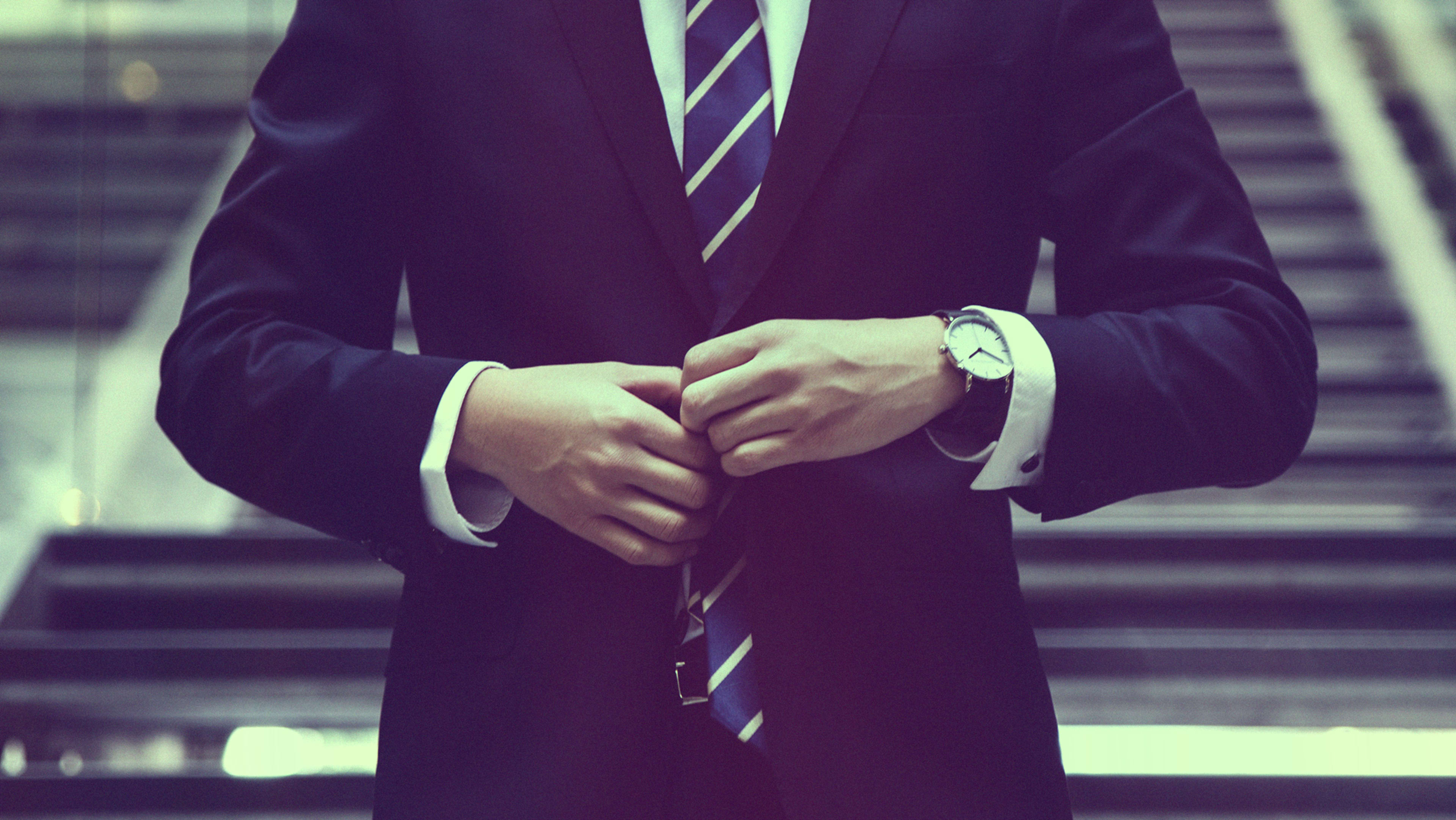You studied the company’s history, practiced your answers to the most common interview questions, and have planned the perfect outfit. You’re ready to land the job, but a seemingly inconsequential detail could trip you up. It takes a few seconds for an interviewer to form a first impression of you, and something you do or wear could trigger unconscious first impression bias.
Avoid a problem by being aware of the common pitfalls, according to research gathered by EBI, an employment background-check firm. Here are five ways to prepare for your next interview that have nothing to do with what’s on your resume.
1. Pay Attention To Pre-Interview Conversation
How’s your day going? Did you run into traffic getting here? Isn’t this weather crazy? The questions people ask at the beginning of interviews can lead to unconscious bias, says Brad Harris, assistant professor of management at Neeley School of Business at Texas Christian University. This brief conversation typically revolves around non-job-related topics and can build rapport, but be careful of this small talk.
In a study published in the Journal of Applied Psychology, Harris and fellow researchers found that what you say during these early moments can and will be used against you. “Even the smallest pre-interview interaction provides interviewers with meaningful insights into a candidate’s job prospects,” he says, adding that a misstep can be overcome during the interview. “The effect of first impressions is strongest on the first few formal interview questions, but fades over the course of the interview.”
To nail this part of your interview, mirror the person you’re talking to, suggests industrial psychologist Jill Strange, vice president of science applications for the software firm Infor. “Adapt their mannerisms or behaviors, such as leaning in, hand gestures, or smiling,” she says. “Organizations shouldn’t make hiring decisions based on this conversation alone, but mirroring can help put you on the same level.”
2. Handshakes Do Matter
A firm handshake while looking the interviewer in the eye, especially for women, leads to a higher likelihood of getting the job, according to research published in the Journal of Applied Psychology. If you’re unsure of your technique, practice with a friend or coach before the interview.
“There are preconceived notions about handshakes and what they mean,” says Strange. “You want a firm handshake, not overly firm. It does convey to many people a sense of confidence and assertiveness.”
This could be especially pertinent depending on the type of job, adds Strange. “If you’re interviewing for a sales job where you need to be assertive and confident, maybe a handshake is important. But for an analyst, for example, it might not be something to worry about.”
3. Suits Still Work
With business attire getting more casual, you might be tempted to skip the suit, but research published in the Journal of Fashion Marketing and Management finds that clothes have a big influence on first impressions. A tailored suit makes a male look more confident, successful, wealthy, and flexible than a non-tailored suit, and female applicants wearing masculine clothing appear more forceful and aggressive, and they’re more likely to be hired, according to the study.
“Anything about you–from coffee breath, to chomping gum, to a dated discolored suit–that detracts from your skills and abilities is likely to reduce your chances of a second interview,” says HR analyst Laura Handrick of FitSmallBusiness.com.
“Better to overdress just once than to be written off as being too ‘casual’ for the interview,” she says.
4. Pay Attention To Your Shoes
If you want a glimpse into someone’s personality, look down. People can tell–or assume–a lot about you from the shoes you wear, according to a study published in the Journal of Research in Personality. For example, expensive shoes make you look wealthy, colorful shoes send a signal that you’re an extrovert, clean shoes make you look conscientious, and ankle boots tend to make the wearer look aggressive. This could be important when going in for a job interview.
“Shoes have great variety of styles, brands, looks, and functions. Because of this variety, shoes can carry individual difference information, but do they? We suggest that the answer is yes,” writes lead author of the study, Omri Gillath, associate professor of social psychology at the University of Kansas.
5. Wear A Watch
Smartphones have made wearing watches optional for timekeeping. Researchers at Lancaster University and the University of York in the U.K. found that people who wear a watch appear to be more conscientious. In a job interview, you send the signal that you’ll be punctual, or if you’re delayed, be dutiful enough to try to limit your lateness, according to the study. If you’re interviewing for a job where being mindful of details is important, consider pulling out that timepiece.
Recognize your brand’s excellence by applying to this year’s Brands That Matter Awards before the early-rate deadline, May 3.
